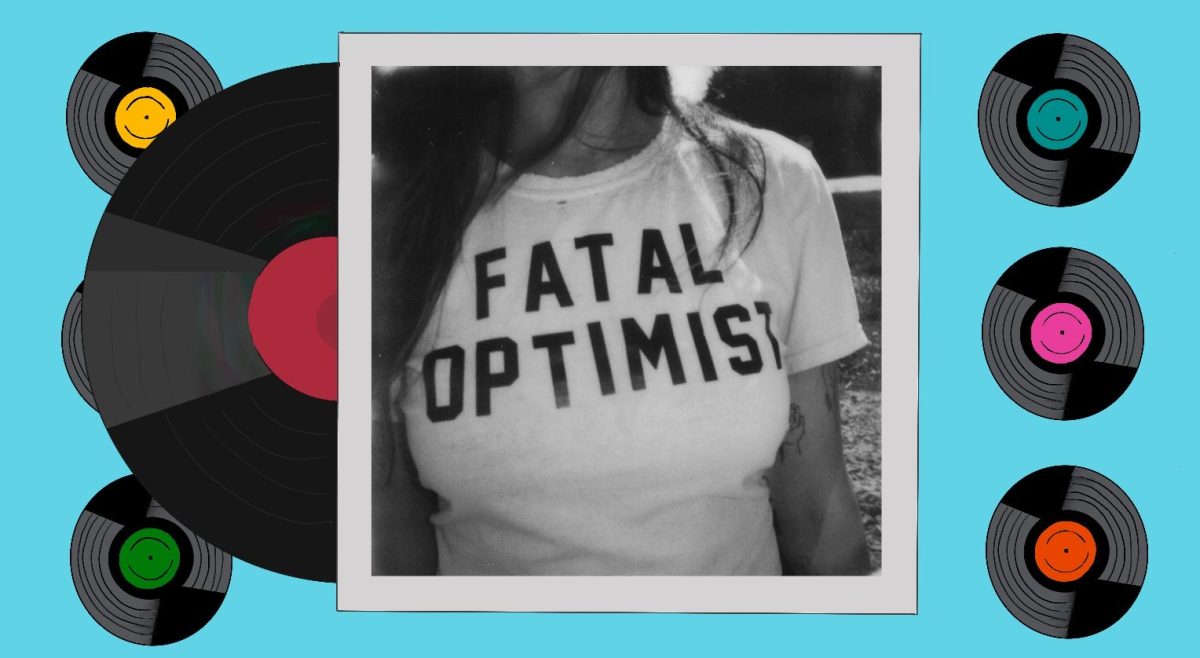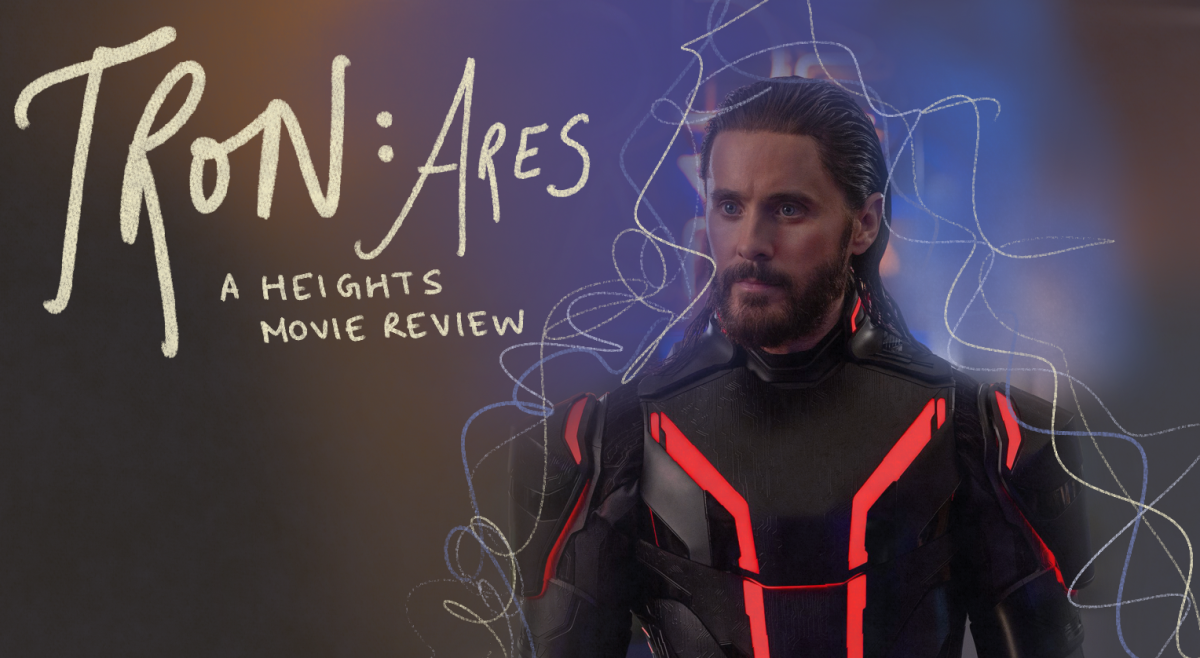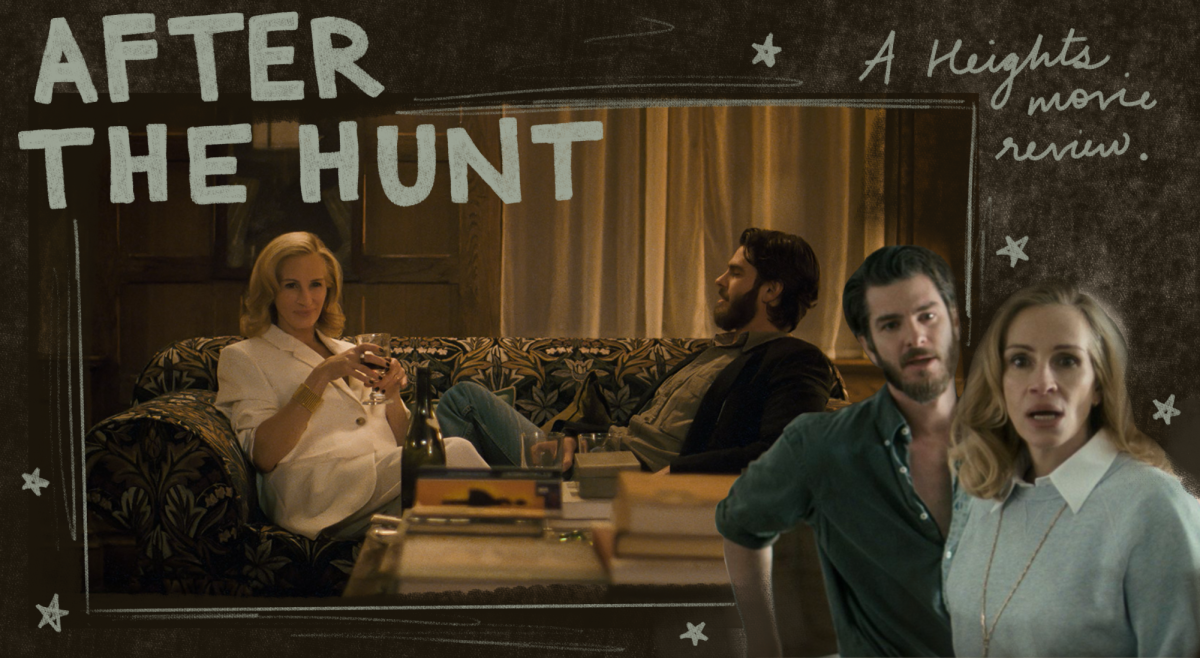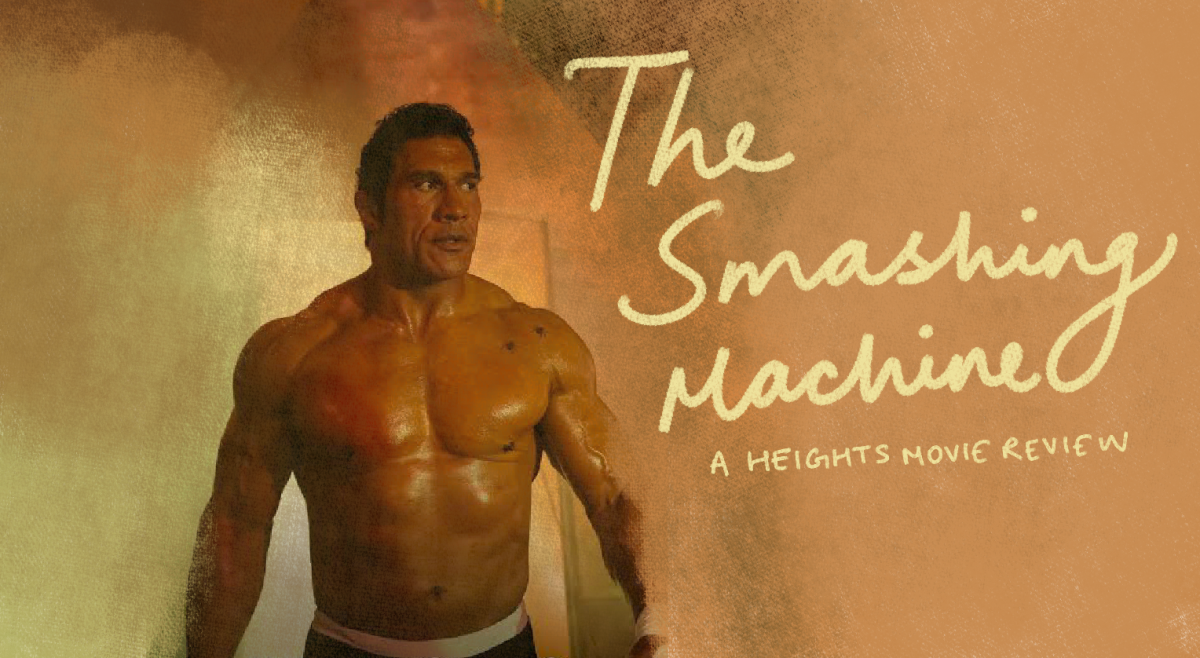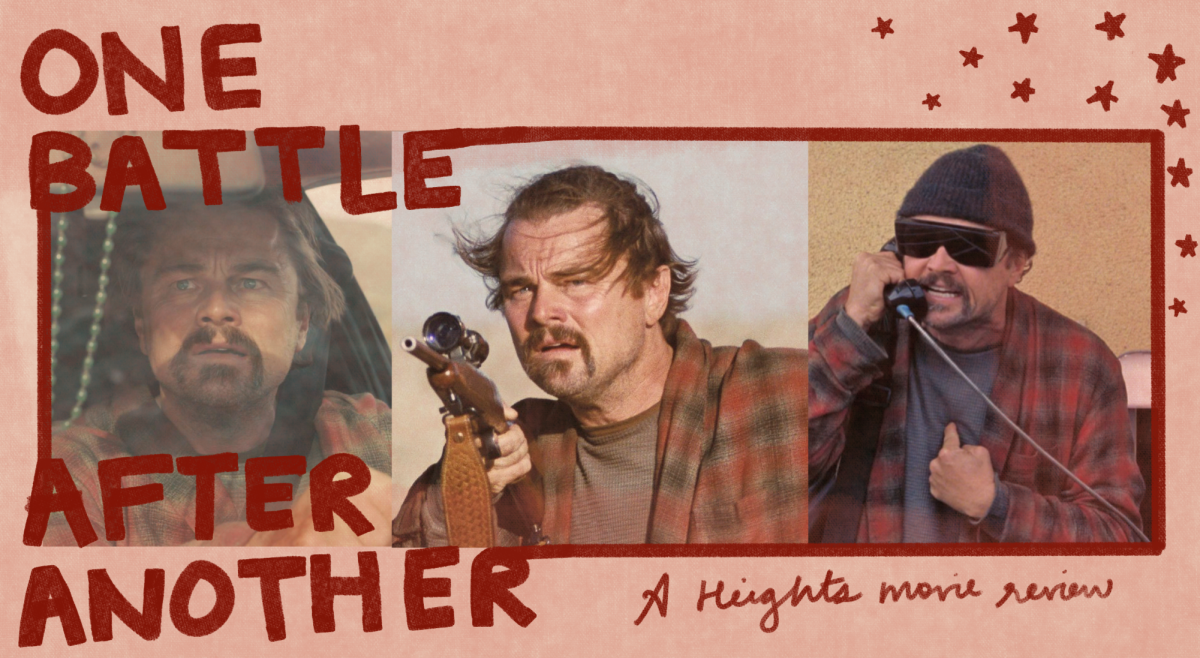“The feels” are truly felt in the dramatic film Beyond the Lights, written and directed by Gina Prince-Bythewood. This film tells the story of a young female singer Noni (Gugu Mbatha-Raw) and a politically ambitious officer Kaz (Nate Parker) who are both battling with the pressures of societal expectations and finding who they are and truly want to be. Beyond the Lights is truly as absorbing as it is heart-wrenching, thought-provoking, and at times provocative—ultimately, it keeps the audience captivated for the whole 116 minutes.
Although the cast did not hold any A-list actors or actresses, the characters fit right into their roles and create a truly convincing story and performance that cannot be imagined with any other faces. Mbatha-Raw in particular received high praise from critics—and considering this is only her second movie, many are considering this her breakout role. Her few musical numbers were beautifully sung, not only in pitch and melody, but also in emotion and expression—there was an authenticity to them that was both gripping and exhibited sheer talent. Her performance was utterly convincing and fully depicted her hard work. This role obviously pushed her out of her comfort zone, but it was done so in a way that revealed passion and eloquence throughout the film.
While at first glance this film may not seem relatable in the literal sense of super-stardom, at a closer look, the relatability is rooted in the relationships portrayed and the issues that the characters dealt with, such as societal pressures and questions of identity. Director Prince-Bythewood produced an engaging, empathetic product in Beyond the Lights, and it is something that the audience members can respond and react to in a real way when it comes to living out their own lives.
Aside from the main relationship between Mbatha-Raw and Parker’s characters, there is also significance in the relationship between child and parent. The struggle that Noni and Kaz undergo to find themselves can in many ways be attributed to such demanding relationships—they are both expected to maintain a certain image and identity for the sake of acceptance by their parents. Formulating such ambitions for their children, both Noni and Kaz are faced with opposition from all sides, and their ability to be together becomes more difficult, despite their changing feelings toward each other.
The female celebrities within the film are portrayed with a sense of realness, in contrast to the over-sexualizing women in today’s society. With this being a main struggle for Noni to overcome, Beyond the Lights deserves applause for its attempt to combat such unrealistic ideas and images and expose the harsh effects that it can have—physically, mentally, and emotionally.
Beyond the Lights does follow a love story amid the turbulence that is Noni’s life, but one that helps her grow and appreciate herself. It begins with an officer saving her life—first physically, then in all ways after. Together, Noni and Kaz follow a path of exploration and discovery, with a fresh take on love and romance (aside from a few subtle cliches hinted at throughout the movie—which is not always a bad thing). Ultimately, it does what a drama does best—it makes the audience wrestle with its emotions as it seems all at once endearing, sweet, frustrating, and disheartening. In the end, though, as certain conflicts resolve and other issues are dealt with, it leaves the audience with a satisfied, content feeling—a mentality of, “maybe the world isn’t such a bad place after all.”
Featured Image Courtesy of Relativity Media


